What kind of set upt hires unpaid interns WITHOUT medical insurance working away FOR a medical insurance corporation smells of rotten greed undoing anyone who speaks up of it's for profit cold relentless cruelty.
About Kaiser Permanente Walnut Creek: Chemical Dependency Services
Kaiser Permanente–Chemical Dependency, in Walnut Creek, California, provides comprehensive addiction recovery services for youth and adults. They offer telehealth care, medically supervised detox, medication assisted treatment (MAT), and inpatient, intensive outpatient (IOP), general outpatient (OP), and aftercare programming, including dedicated services for adolescents, young adults, seniors, persons with hearing impairment, and persons with co-occurring addiction and mental illness.
Kaiser Permanente–Chemical Dependency is a comprehensive drug and alcohol rehab for youth and adults in Walnut Creek, California. Their services include dual diagnosis care, telehealth services, medication assisted treatment (MAT), medically supervised detox, and inpatient, intensive outpatient (IOP), general outpatient (OP), and aftercare programming. Dedicated services are available for adolescents, young adults, seniors, and persons with hearing impairment.
Their inpatient programs allow clients to focus on their recovery in a highly structured and supportive environment. Those undergoing inpatient detox receive round-the-clock medical supervision and may be prescribed FDA-approved medications to ease withdrawal symptoms and prevent potentially serious complications. Clients also engage in intensive individual, group, and family counseling drawing on proven modalities, including CBT. The program promotes clients’ sustained sobriety and successful community reintegration through robust, age-specific life skills training addressing topics such as coping, self-care, and relapse prevention.
Their outpatient programs encompass multiple levels of care to align with clients’ evolving needs. Their aftercare services ensure a complete continuum of care and may include 12 step program facilitation and step-down support.
Kaiser Permanente–Chemical Dependency is accredited by COA, CARF, and The Joint Commission and accepts private insurance, military insurance, Medicare, and self-pay.
Latest Reviews
Rehab Score
Gallery
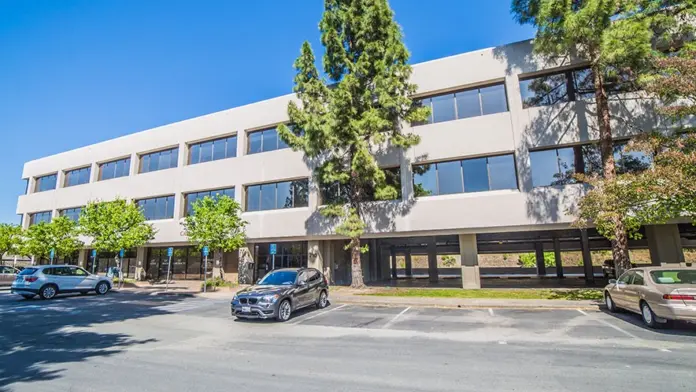
Location
Accepted Insurance
Other Forms of Payment
Private insurance refers to any kind of healthcare coverage that isn't from the state or federal government. This includes individual and family plans offered by an employer or purchased from the Insurance Marketplace. Every plan will have different requirements and out of pocket costs so be sure to get the full details before you start treatment.
Self-pay involves paying for treatment out of your own pocket. You can use savings or credit, get a personal loan, or receive help from family and friends to fund your treatment. If you don't have insurance or your insurance plan doesn't cover a specific program, self-pay can help ensure you still get the care you need.
Medicare is a federal program that provides health insurance for those 65 and older. It also serves people under 65 with chronic and disabling health challenges. To use Medicare for addiction treatment you need to find a program that accepts Medicare and is in network with your plan. Out of pocket costs and preauthorization requirements vary, so always check with your provider.
Addiction Treatments
Levels of Care
Treatments
The goal of treatment for alcoholism is abstinence. Those with poor social support, poor motivation, or psychiatric disorders tend to relapse within a few years of treatment. For these people, success is measured by longer periods of abstinence, reduced use of alcohol, better health, and improved social functioning. Recovery and Maintenance are usually based on 12 step programs and AA meetings.
Drug rehab in California teaches participants constructive ways to stay clean and sober. Treatment revolves around helping individuals stop using the substance they are addicted to and learn healthy habits to avoid relapse.
Opioid rehabs specialize in supporting those recovering from opioid addiction. They treat those suffering from addiction to illegal opioids like heroin, as well as prescription drugs like oxycodone. These centers typically combine both physical as well as mental and emotional support to help stop addiction. Physical support often includes medical detox and subsequent medical support (including medication), and mental support includes in-depth therapy to address the underlying causes of addiction.
Substance rehabs focus on helping individuals recover from substance abuse, including alcohol and drug addiction (both illegal and prescription drugs). They often include the opportunity to engage in both individual as well as group therapy.
Programs


Clinical Services
Group therapy is any therapeutic work that happens in a group (not one-on-one). There are a number of different group therapy modalities, including support groups, experiential therapy, psycho-education, and more. Group therapy involves treatment as well as processing interaction between group members.
Individual therapy for drug addiction includes a customized treatment plan that considers your history and life circumstances. During your therapy sessions, the therapist helps you uncover underlying issues and triggers for addictive behavior that support a holistic approach to recovery.
For clients who are struggling with ambivalence toward change, motivational interviewing in California can help strengthen their commitment to change. Using a conversational method, the therapist helps you explore your motivations and empowers you to make the changes you desire.
Trauma therapy is a structured approach used by therapists to help you heal from a past traumatic event. Your therapist works with you to identify the traumatic memory and process the information so you experience emotional healing and a sense of safety and stability.
Family therapy offers a platform for members to have an open dialogue about the challenges that addiction has placed on the family unit. Through guided sessions, therapists can help families develop healthy communication skills and address unresolved issues. By working together toward a common goal, they help to support their loved one's sobriety.
While in rehab treatment, you may work on developing various life skills to help you in long term recovery. These may include resilience, interpersonal skills, and self awareness. The focus will be on developing healthy habits for self care and relationships so you have the skills you need to manage day to day life.
Amenities
-
Private Setting
Staff

Chair and Chief Executive Officer
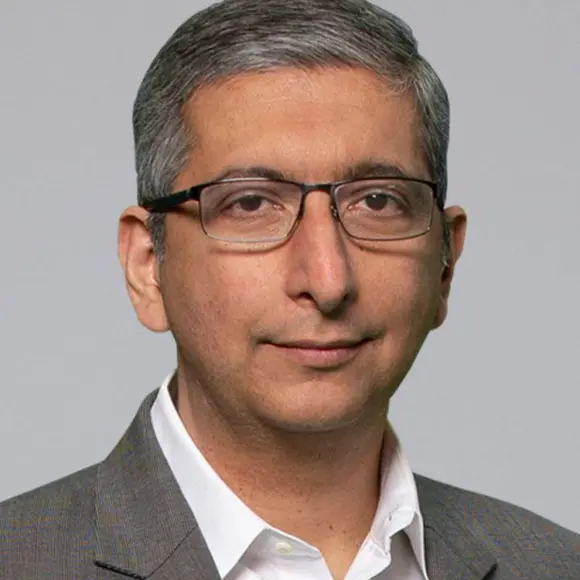
Executive Vice President, Information Technology and Enterprise Business Services
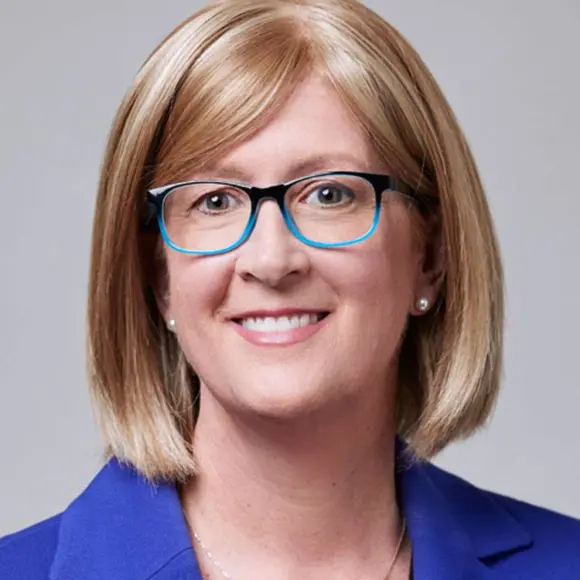
Senior Vice President, Chief Compliance and Privacy Officer
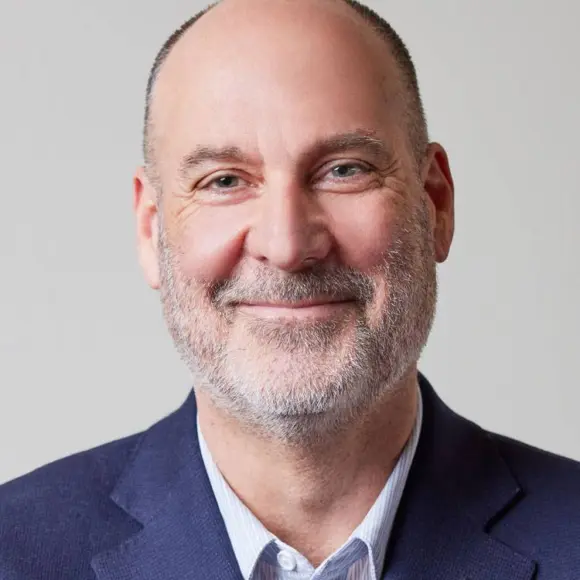
Senior Vice President, Government Relations
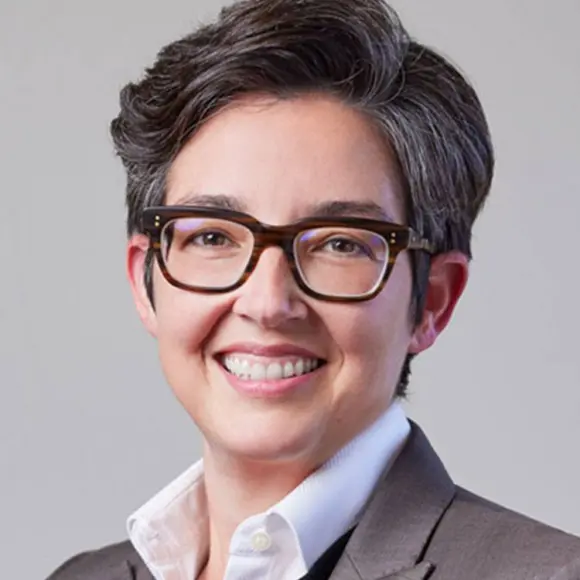
Executive Vice President, Chief Legal Officer
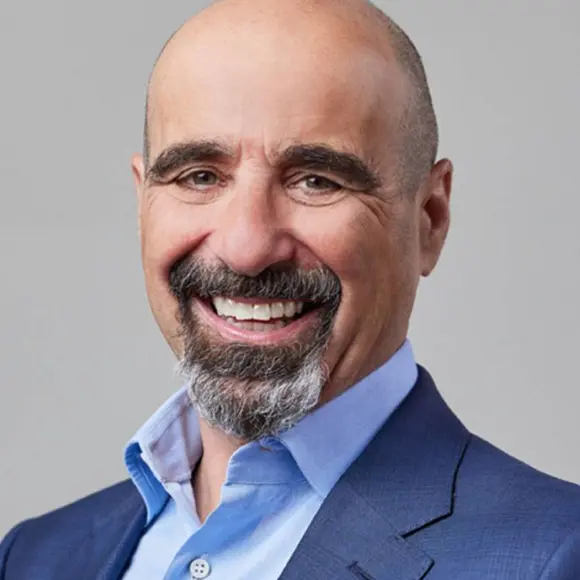
Executive Vice President, Chief Medical Officer
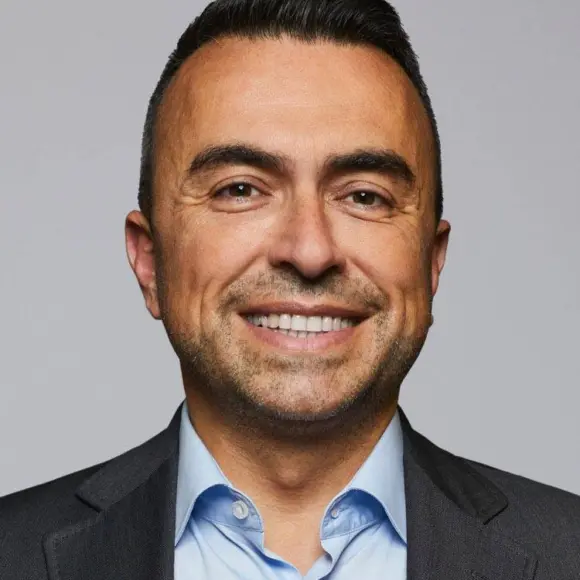
Executive Vice President, Chief Health Officer
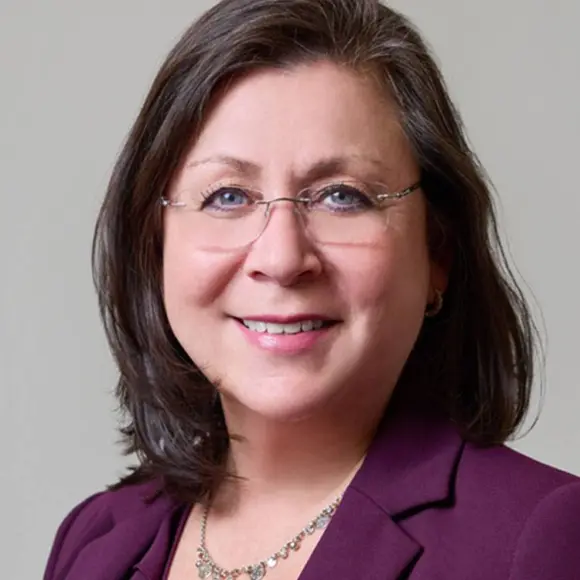
Senior Vice President, Chief Communications Officer
Contact Information
710 S Broadway
STE 209
Walnut Creek, CA 94596







